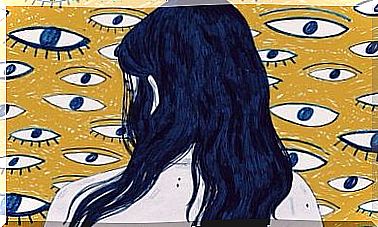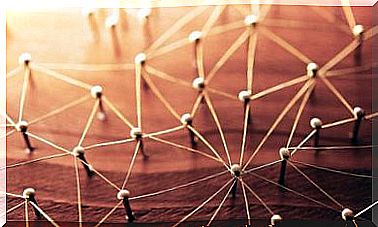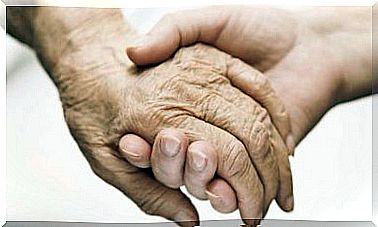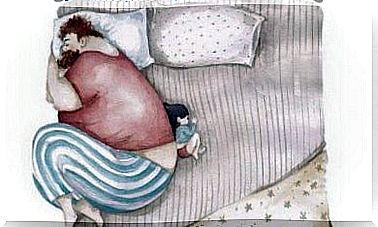There Are Those Who Moan About Everything And Those Who Make You Laugh At Everything

There are people who have the art of tying the knots of problems and making you laugh until you get a stomach ache. They do it because it is like that, because life, for them, is filled with music, rhymes and simplicity. On the other hand, there are people who spend their time bitching, taking offense at everything, and who only see walls where others mostly notice bridges; these people attract storms on beautiful summer days and tantrums that do not have the slightest meaning.
Why are human relationships so complex? We could say what we are told all the time; that it will always be better to avoid, in our daily life, people who like to alter our psychological balance, and to choose to stay with those who offer us moments of joy. However, this principle of elementary health cannot always be respected because to live together in a society, one must know how to understand the points of view of others and, above all, learn to survive in any place, whether it is inhabited by noble beings. or angry dragons.
“You have to take life with love and humor. Love makes it possible to understand it and humor, to support it. ”
Sometimes people who argue about everything can go through a depressive episode. Other times, those who laugh at everything actually apply aggressive or even self-defeating humor. Every behavioral style has its extremes and, above all, its senses. We must understand them, we must be wise readers and translators of these foreign worlds which revolve around us, influencing us by their eclipses and their tides …

The people who make us laugh at everything… are they really happy?
Peter McGraw is a University of Colorado psychologist best known for creating the “Humor Lab”. In this department, we are studying, for example, the impact of humor as a therapy and the use of laughter as a “medicine” to improve the quality of life of chronically ill or cancer patients. Science supports these initiatives, even if it has been well shown that, much more than laughter, it is the attitude, the optimism and the internal strength of the patients which makes their daily life improve.
Thus, Doctor McGraw established in his theory the differentiation of 4 types of humor. Because sometimes, many of these people who make us laugh at everything are not happy and do not reflect an adequate inner well-being. It is worth studying these categories carefully to better understand this type of dynamics that we encounter on a daily basis.
- Aggressive humor. This practice is very common among those who make us laugh through irony and more cynical sarcasm, through which third parties are ridiculed or objectified.
- Humor as a personal improvement. This type of humor is one of the healthiest because it is very useful when dealing with stress. It is when someone is able to laugh at themselves to relativize about a bad day, a mistake made, to ironize a fault that they cannot change or even to remove. tension at any given time.
- Self-aggressive humor. It would probably be the other side of the humor piece that seeks to improve someone. In this case, one uses aggression against oneself, whether it is because of low self-esteem, depression or because one seeks to victimize oneself and to attract the attention of people who are. find around us.
- Affiliate humor. Here is the expressiveness of the most invigorating, useful and wonderful humor, the one that comes from someone who makes us laugh in order to strengthen the bond that exists between us, to build a bond, to bring happiness, real connection and well-being.
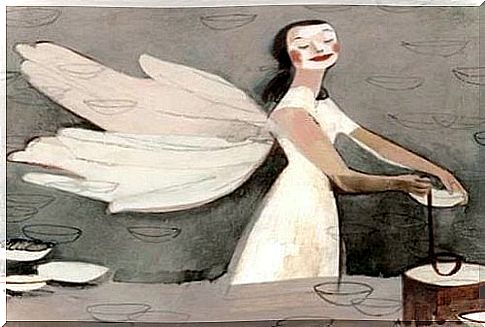
So, based on this classification, it’s clear that when we say someone has a “great sense of humor,” we really need to know what kind of humor is being practiced and how it affects others. We have all lived a time when someone made us laugh but the feeling that permeated us was strange and disturbing, as if we immediately noticed a shadow full of bad intentions.
Celleux who moan about everything … are they happy to complicate the lives of others?
Tal Ben-Shahar, professor of positive psychology at Harvard, is known to be the “happiness guru”. His numerous publications on emotions and moods are always an interesting reference when it comes to better understanding certain behaviors, such as: what is behind these people who complain all the time and who seem to be happy to make life difficult for yourself and others?
“Bad mood makes us very small.”
-Doménico Cieri Estrada-
The answer is very simple: dissatisfaction. Behind this sad word – no one deserves to plunge into such an abyss – there is a whole kaleidoscope of dynamics that have not been managed, confronted, resolved. For example: a low capacity to tolerate frustration, poor strategies for solving problems, unrealistic expectations, a feeling of living in a tunnel, a lack of thinking, low self-esteem, almost no emotional intelligence …
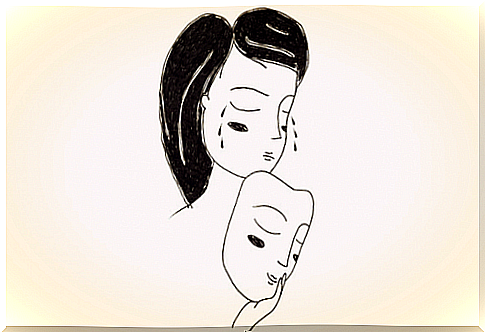
We can all go through bad times, complex vital moments that end up weakening us and making us see problems every moment, lowering the shutters of our positivity and turning every conversation into an argument. We can all fall into the limbo of demotivation and the depths of unhappiness, that’s quite respectable and understandable. However, it is obligatory to emerge from these toxic waters to be ourselves again.
To achieve this, we need will and self-control. It is not about falling into victimhood, it is about picking up the pieces that have been broken and fixing every corner with the cement of self-esteem and the varnish of motivation, as if it were ‘a piece of craftsmanship. In this way, we will also understand that those who laugh at everything are not all happy and that those who complain about everything are not lost causes. We can all be healed, we can all find balance and happiness.


